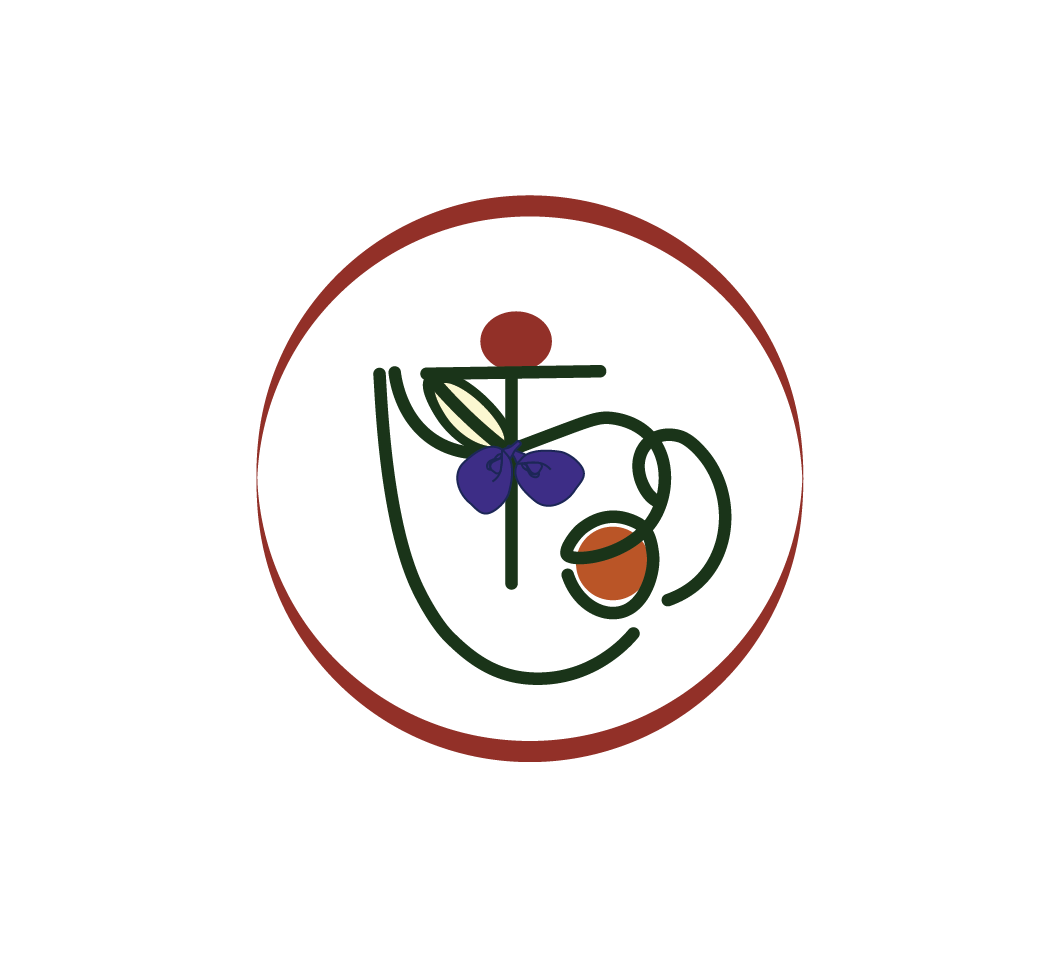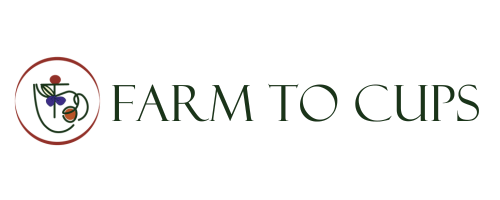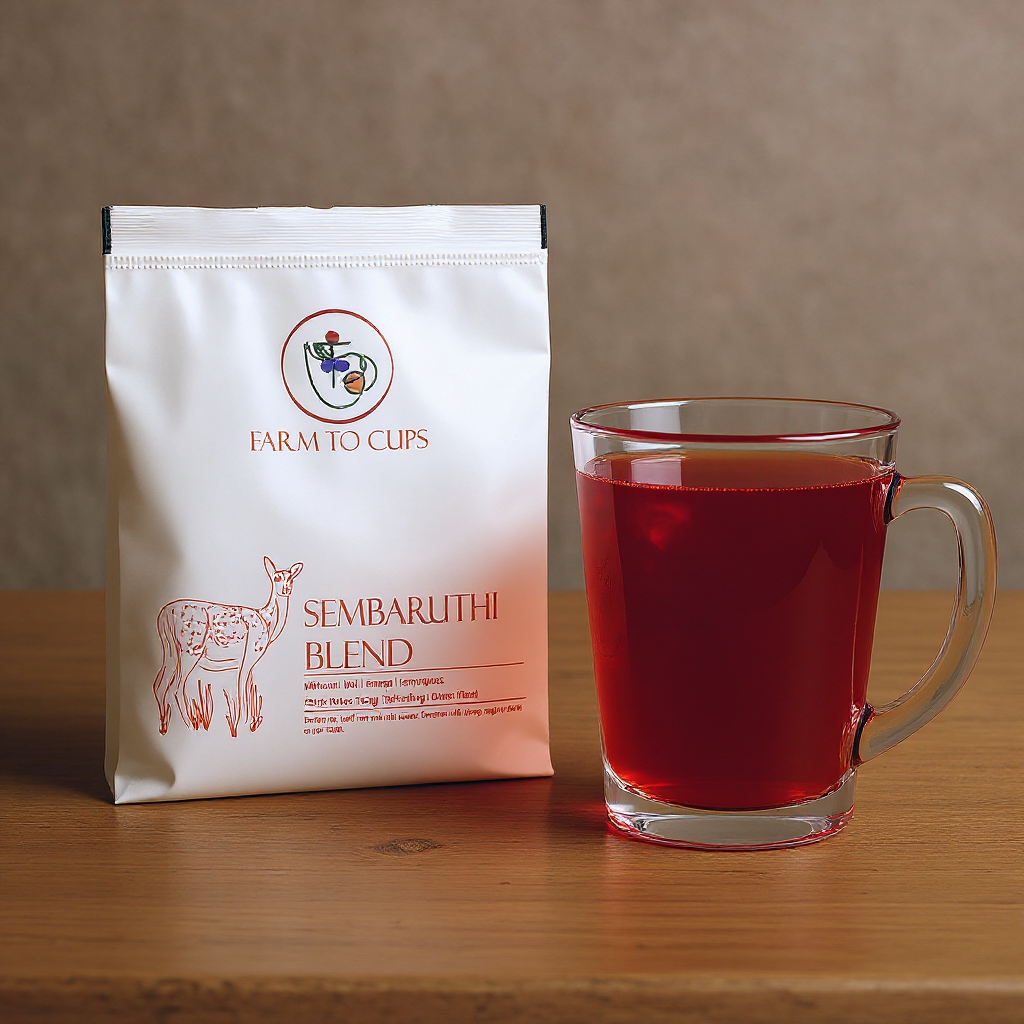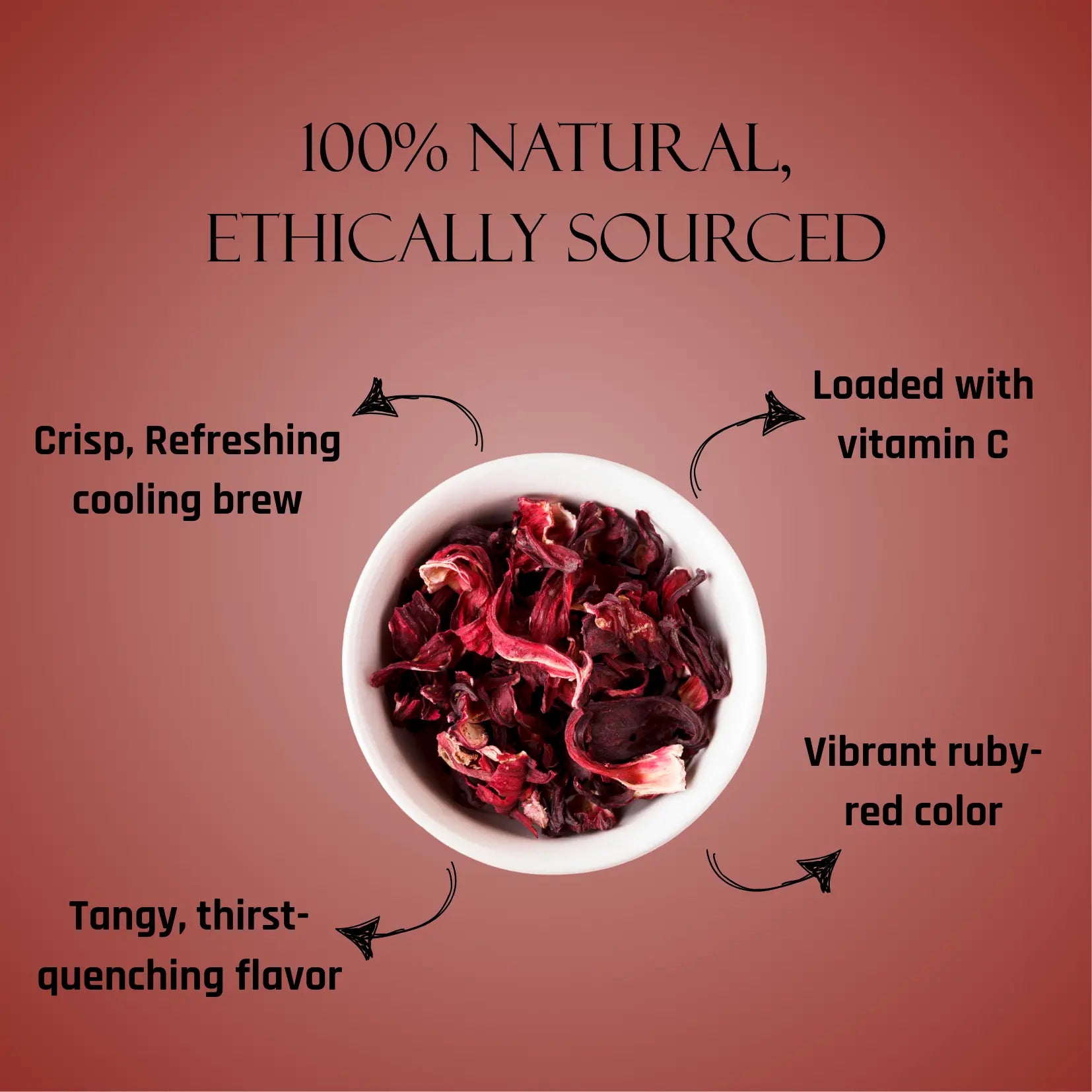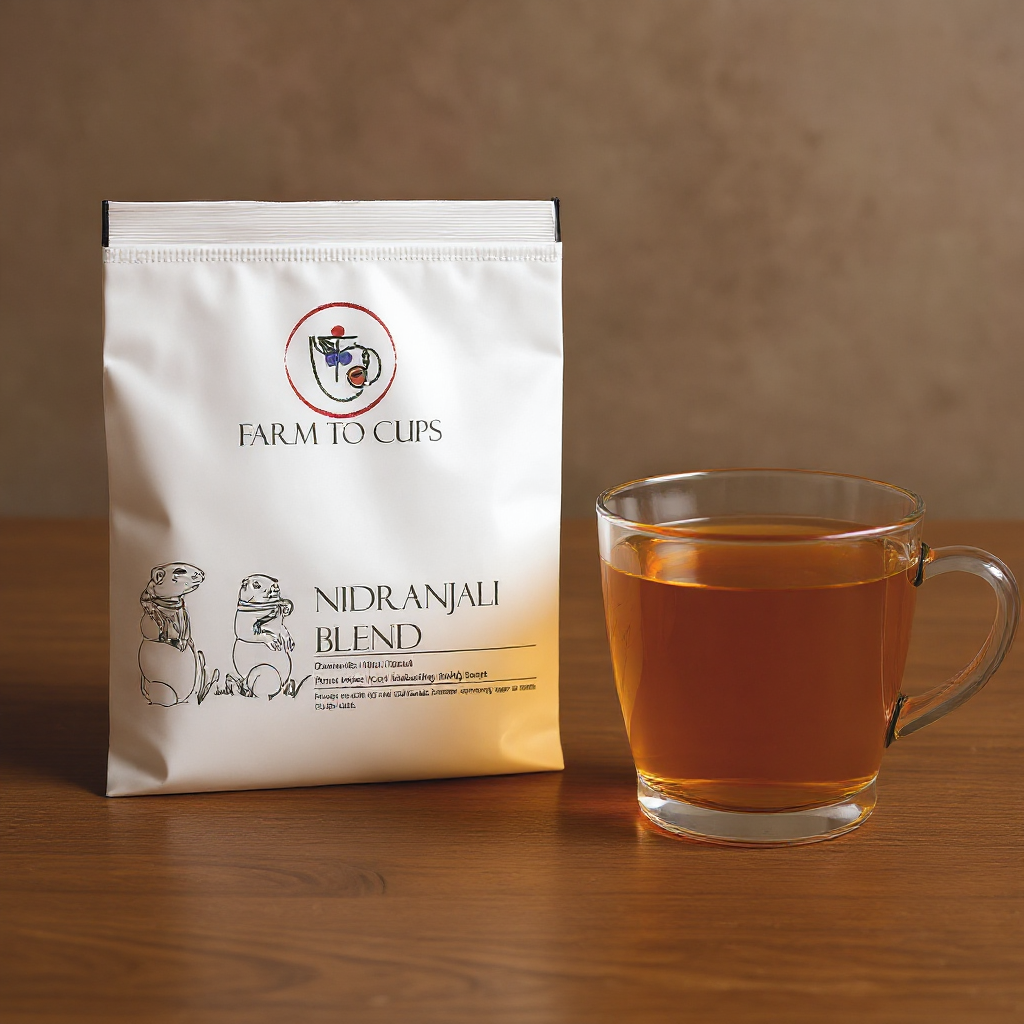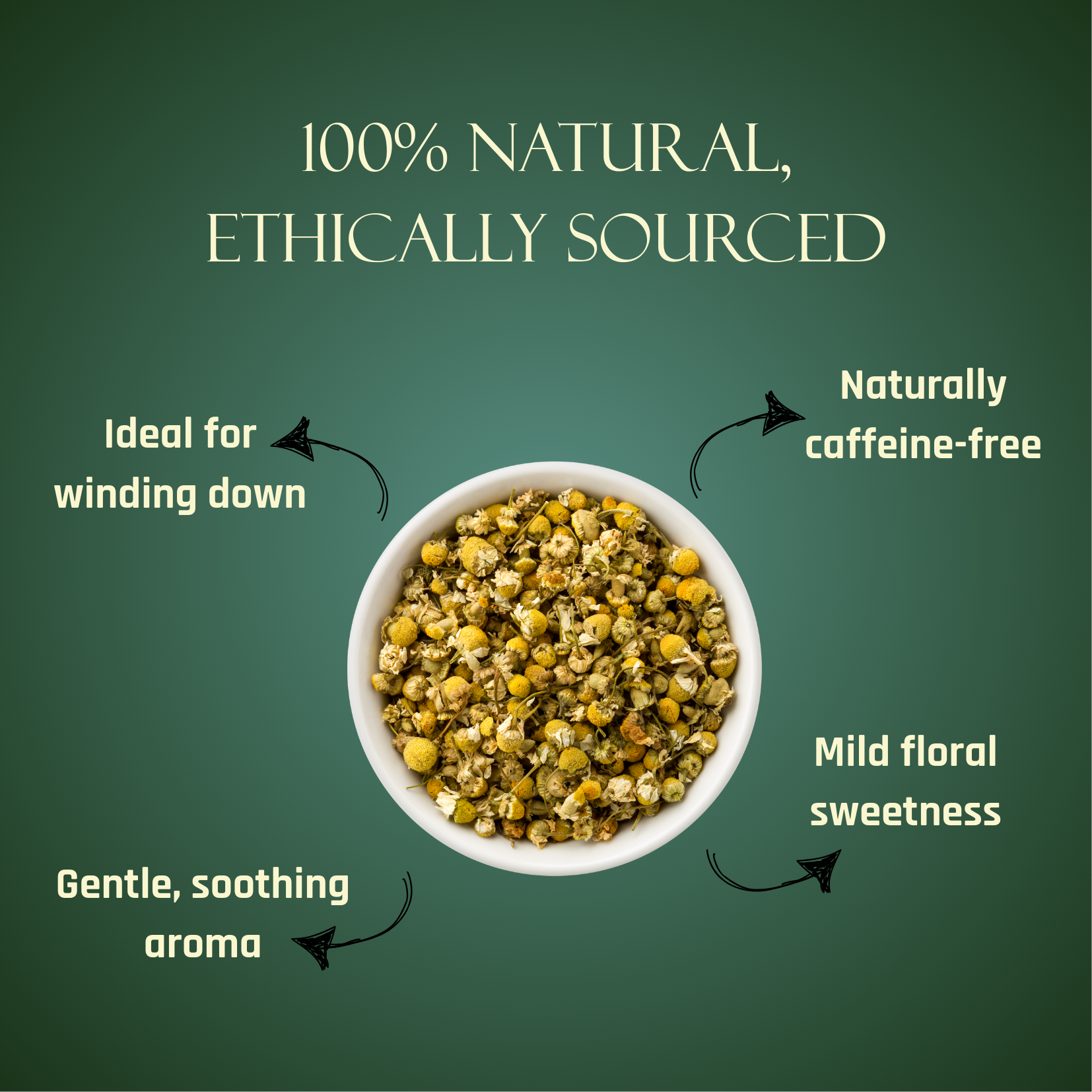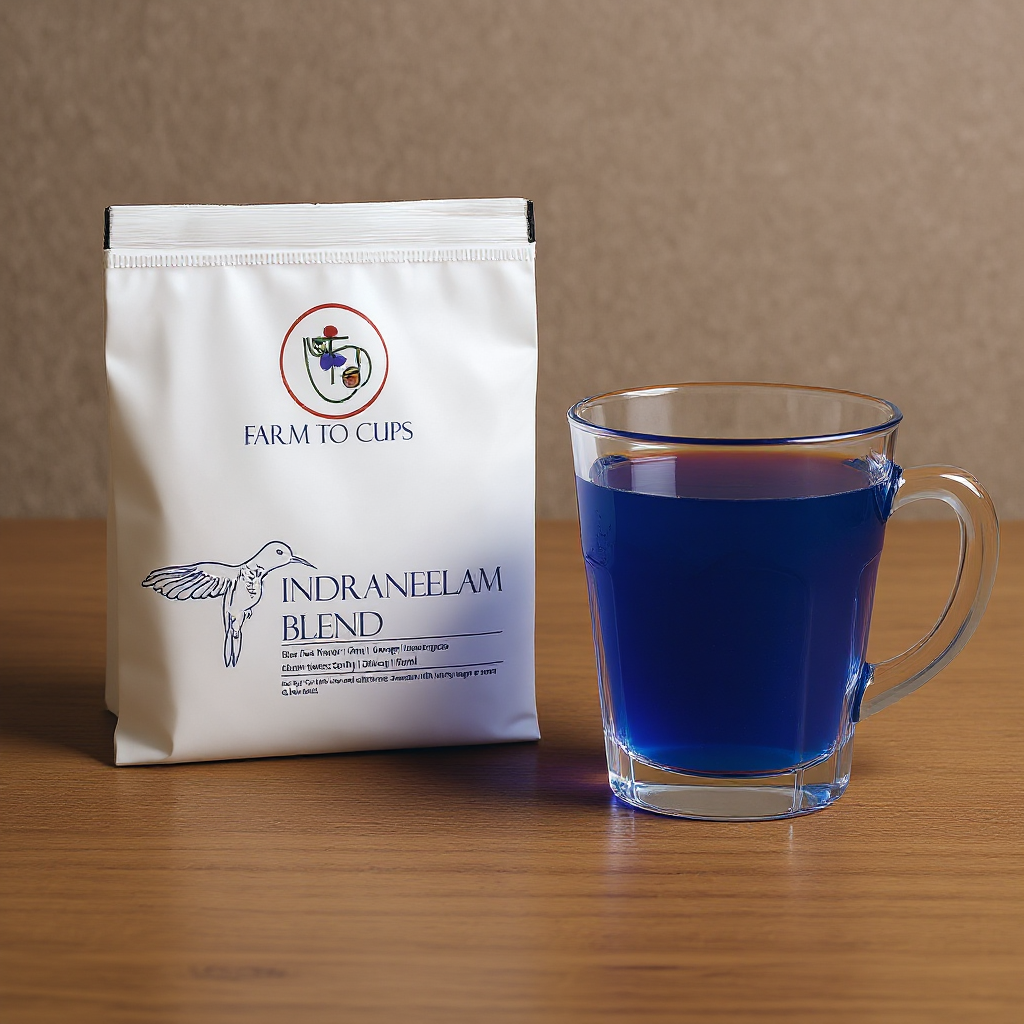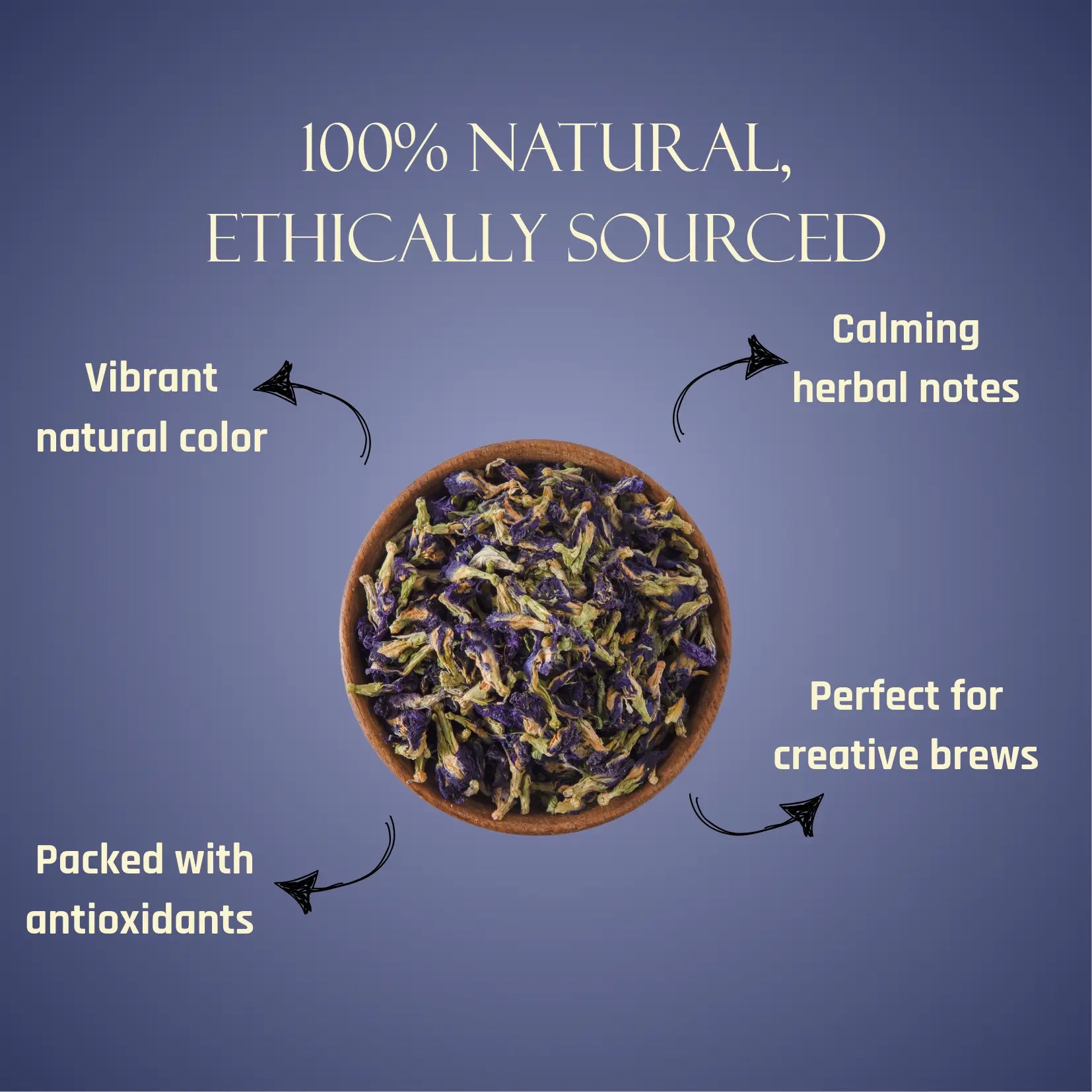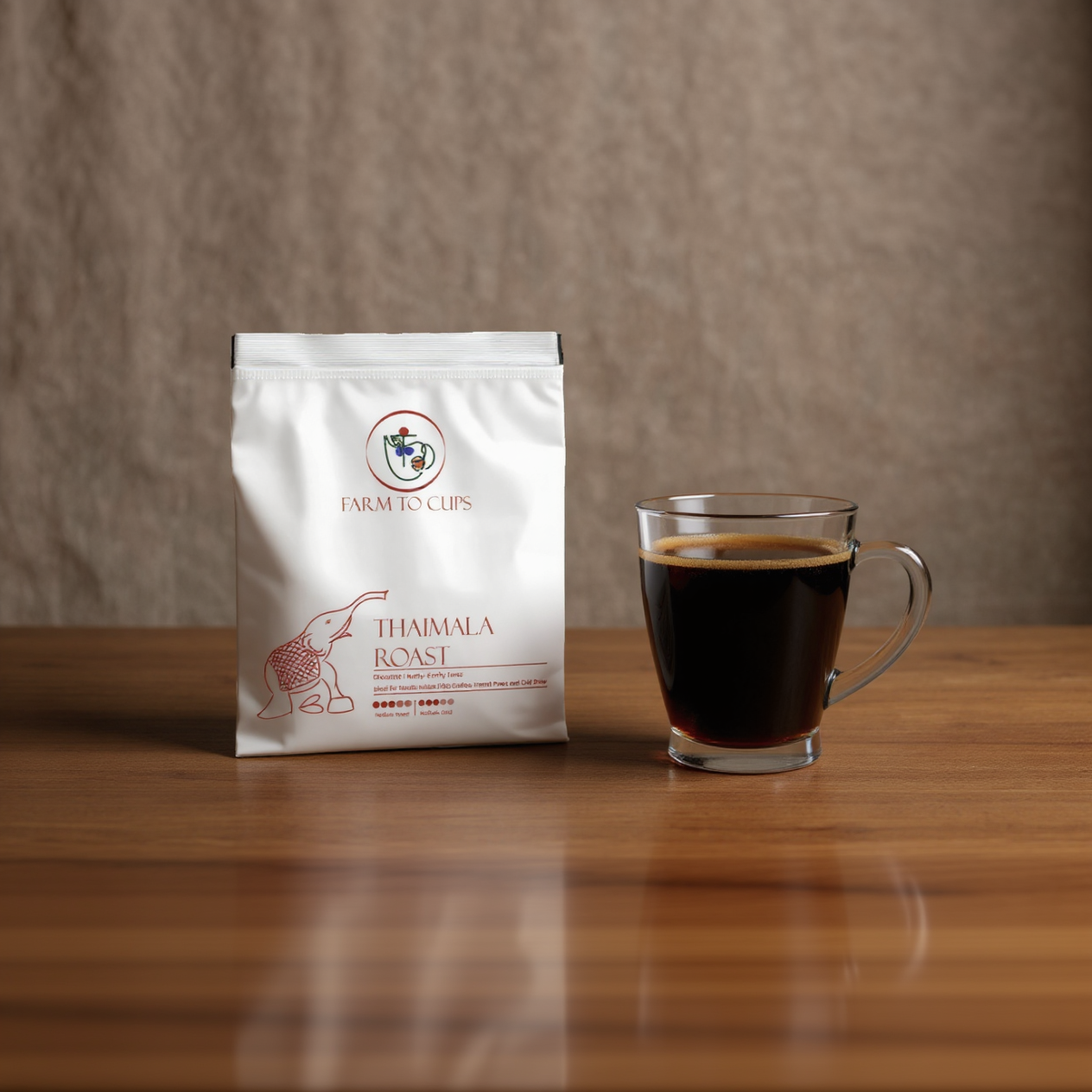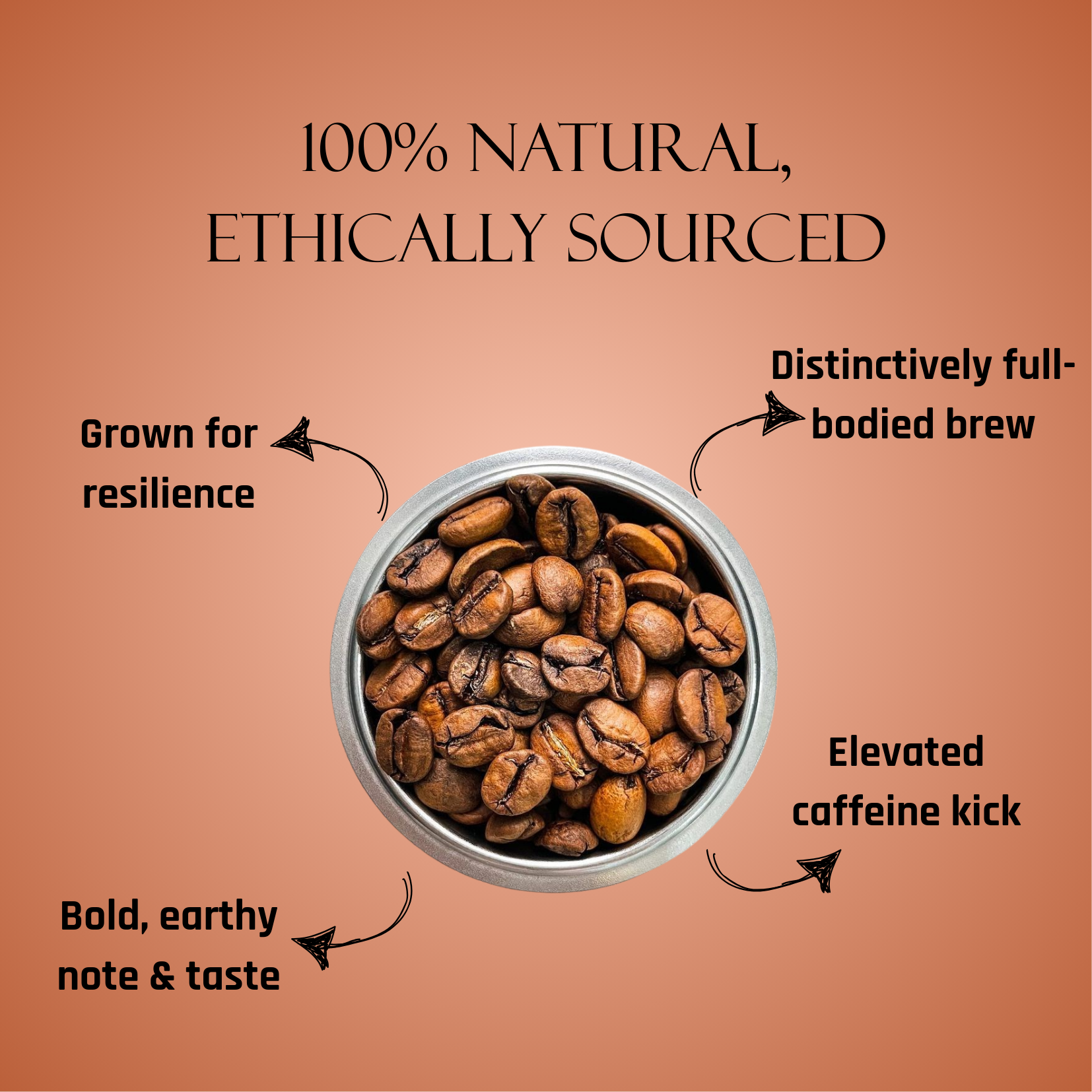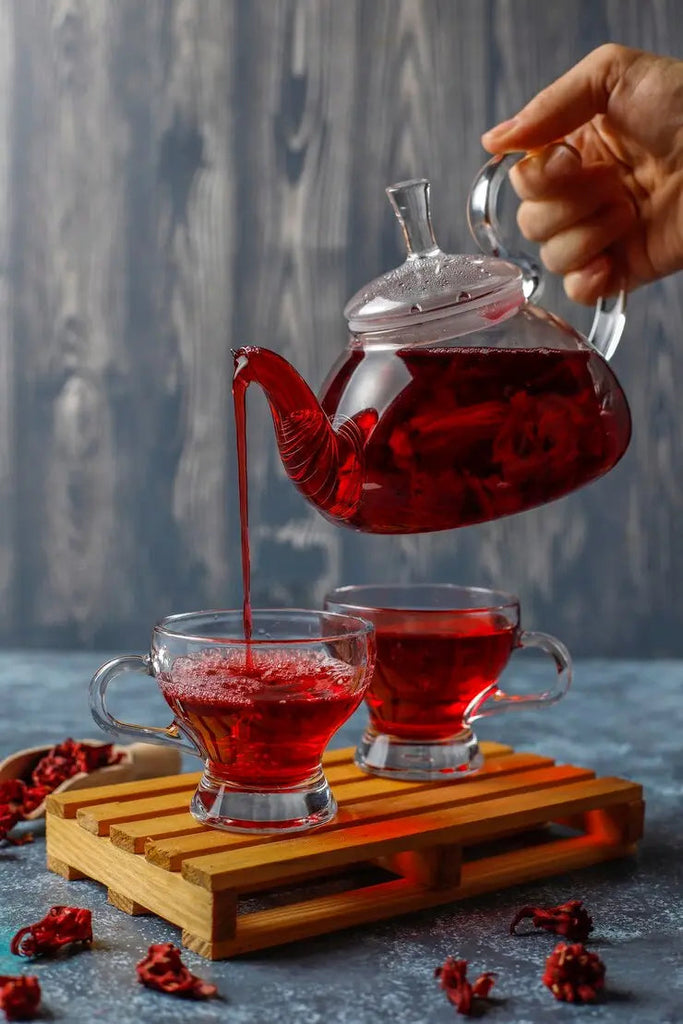
The Hidden Risks of Hibiscus Tea: Who Should Be Cautious?

Hibiscus tea is well-known for its rich antioxidant content, benefits for blood pressure, and refreshing flavor. Nevertheless, although this herbal tea is free of caffeine and has numerous advantages, it is crucial to recognize possible risks. Overconsumption or existing health issues can result in unforeseen side effects. Below are seven important risks associated with hibiscus tea that you should take into account before incorporating it into your daily regimen.
1. Hormonal Havoc – Can Disrupt Your Balance!
Hibiscus tea contains phytoestrogens, which are plant-derived compounds that imitate estrogen in the body. This may lead to:
✔️ Irregular menstrual cycles
✔️ Hormonal fluctuations
✔️ Breast discomfort
Individuals with hormone-sensitive conditions such as PCOS, endometriosis, or those receiving hormone therapy should be cautious when consuming hibiscus tea.
2. Pregnancy Alert – A Risky Brew for Expecting Moms!
Hibiscus tea possesses natural emmenagogue properties, which means it can trigger menstruation and uterine contractions. This may elevate the risk of:
✔️ Miscarriage
✔️ Preterm labor
✔️ Complications during pregnancy
For these reasons, pregnant and breastfeeding individuals should steer clear of hibiscus tea unless instructed otherwise by a healthcare professional.
3. Blood Pressure Free Fall – Too Much Can Make You Dizzy!
Hibiscus tea is recognized for its ability to lower blood pressure, making it advantageous for those with hypertension. However, consuming it in excessive amounts can lead to:
✔️ Hypotension (low blood pressure)
✔️ Dizziness and fainting
✔️ Fatigue and weakness
Individuals on blood pressure medication should keep track of their intake to prevent significant drops in blood pressure.
4. Allergy Alert – Could You Be Sensitive to Hibiscus?
Though uncommon, hibiscus allergies can happen, particularly in individuals sensitive to plants within the mallow family. Typical allergic reactions may include:
✔️ Skin irritations or hives
✔️ Migraines or lightheadedness
✔️ Nausea and gastrointestinal discomfort
Should you notice any allergic reactions, stop using it right away and seek advice from a healthcare professional.
5. Can Affect Medications
Hibiscus tea may have interactions with specific medications, which could lessen their efficacy or heighten side effects. Significant interactions involve:
✔️ Blood pressure medications – Might excessively decrease blood pressure
✔️ Diabetes medications – Could lead to low blood sugar levels
✔️ Antimalarial medications – May diminish efficacy
If you are on these medications, check with a physician before consuming hibiscus tea on a regular basis.
6. Potential Digestive Discomfort
Hibiscus tea has natural acidic properties, which may cause digestive issues, including:
✔️ Acid reflux or heartburn
✔️ Bloating and gas
✔️ Mild laxative effects, leading to diarrhea or constipation
If you have a sensitive stomach, start with small amounts to assess your tolerance.
7. May Affect Liver Health and Surgery Recovery
Studies suggest that high doses of hibiscus extract may impact liver health. Additionally, hibiscus tea can alter blood sugar levels, which may interfere with:
✔️ Blood sugar control before surgery
✔️ Healing and recovery after surgical procedures
To stay safe, it is recommended to stop drinking hibiscus tea at least two weeks before surgery.
Final Thoughts
While hibiscus tea offers numerous health benefits, it’s essential to consume it in moderation. If you have existing health conditions, are pregnant, breastfeeding, or taking medications, consult a healthcare professional before adding hibiscus tea to your routine.
By understanding these risks, you can enjoy hibiscus tea safely while maintaining your overall health and well-being.
